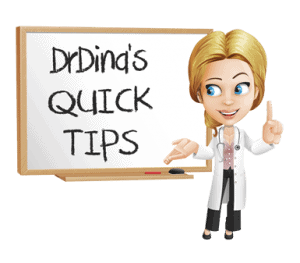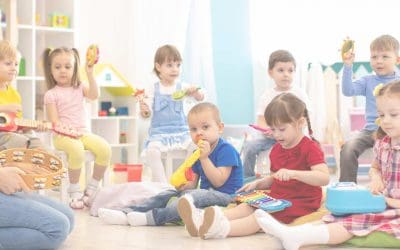How To Talk To Your Kids About Dementia
Having a great- grandmother with Alzheimer’s disease, I often grapple with how to explain this to my 5 and 3 year old sons. Grandma looks ok but she is unable to speak much or walk and uses a wheelchair. She also lives in a long term care facility. I want them to form memories of her, especially as she is the only great-grandmother on both my husbands and my sides of the family.
I believe children demonstrate profound wisdom and understanding far beyond what we sometimes give them credit for.
I think about how to bring my kids and her together, teach them about the brain and aging and also create lasting memories. I believe children demonstrate profound wisdom and understanding far beyond what we sometimes give them credit for. I explain to my 5 year old that Grandmas brain doesn’t work as well anymore- he gets this. We talk about what our brains do and how it teaches us to kick balls, read, draw and learn about dinosaurs. He asks if this is why she can’t walk or talk anymore, because her brain isn’t working as well and I agree yes, seeing his little mind piecing this all together. But, I also tell him, she loves hugs and kisses and listening to music and dancing- he gets this also. Children notice changes, they notice stressors, and being honest is the best policy. They also live in the moment and want to make others happy, and I can see just how this fits perfectly with my grandma.
He asks if this is why she can’t walk or talk anymore, because her brain isn’t working as well and I agree yes, seeing his little mind piecing this all together.
Therapies for persons with dementia eco similar learning principles as children’s education. There have been documented successes and research with using Montessori with Alzheimer’s/dementia. Activities include doing familiar and enjoyable tasks that create reward and success. This could include baking, painting or drawing, building tasks, singing. This seems like a perfect link between the older and younger generations. The child is building a better understanding of the disease at the same time he or she is strengthening a bond with Grandma or Grandpa. The elder family member is also strengthening that bond while getting cognitive stimulation.
The child is building a better understanding of the disease; at the same time he or she is strengthening a bond with Grandma or Grandpa.
Other activities that children can do with their grandparent with dementia include sorting items, folding laundry, looking at or creating picture albums or watching home videos, going for walks, creating a pine cone/leaf collection.
My sons and grandma spend their visit looking at fish, dancing and singing for her. We all love this and I hope they will remember these memories forever.
For a children’s book on explaining Alzheimer’s: “Whats happening to Grandpa” by Maria Shriver
Quick Tips:
-
Involve your kids in the daily life of your loved one with dementia
-
Sing and dance together
-
Explain what is happening in an age appropriate way











